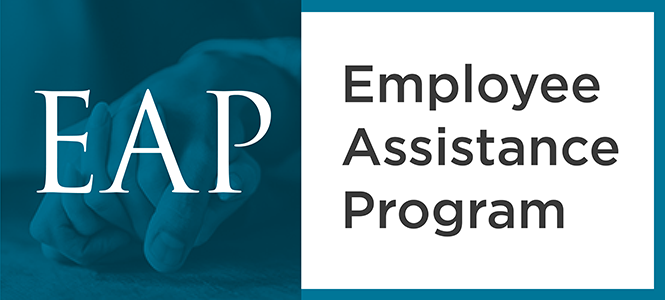In the fast-paced landscape of modern work environments, the significance of mental health on productivity cannot be overstated. Research consistently showcases the profound correlation between mental well-being and workplace performance. When mental health is neglected, productivity often dwindles, affecting both individuals and the organization as a whole.
Countless studies highlight the direct impact of mental health on an individual’s ability to focus, make decisions, and manage stress. Anxiety, depression, and burnout, among other mental health issues, can significantly hinder an employee’s effectiveness. Invariably, this translates into reduced output, increased errors, and diminished creativity, ultimately impeding the overall success of a company.
Enter Employee Assistance Programs (EAPs). These initiatives serve as a pivotal bridge between mental health support and workplace productivity. EAPs offer a range of confidential services designed to aid employees in managing personal challenges that may affect their work performance. By providing counseling, therapy sessions, and resources for mental health support, EAPs contribute to fostering a healthier workforce, consequently enhancing productivity.
One of the fundamental ways EAPs address the mental health-productivity connection is by destigmatizing seeking help. Many individuals hesitate to seek assistance due to the fear of judgment or repercussions in the workplace. EAPs create a safe and supportive environment, encouraging employees to prioritize their mental well-being without the fear of negative consequences.
Moreover, EAPs often offer proactive strategies for stress management, mindfulness, and work-life balance. These initiatives empower employees with tools to navigate stressors effectively, fostering resilience and aiding in maintaining peak performance levels.
The impact of EAPs goes beyond individual employees; it extends to the organizational level. By investing in the mental health of their workforce, companies witness reduced absenteeism, lower turnover rates, and an overall more engaged and productive workforce. A culture that values mental health not only attracts top talent but also cultivates a positive environment where employees feel valued and supported.
However, the efficacy of EAPs depends on their accessibility and promotion within the workplace. Companies need to ensure that employees are aware of these programs, understand their benefits, and feel comfortable utilizing them.
In conclusion, the relationship between mental health and workplace productivity is undeniable. EAPs play a vital role in addressing this connection by providing essential mental health support, fostering a healthier work environment, and ultimately contributing to improved productivity. Embracing and promoting the utilization of EAPs is not just a sound business decision; it’s a commitment to the well-being and success of both employees and the organization as a whole.


